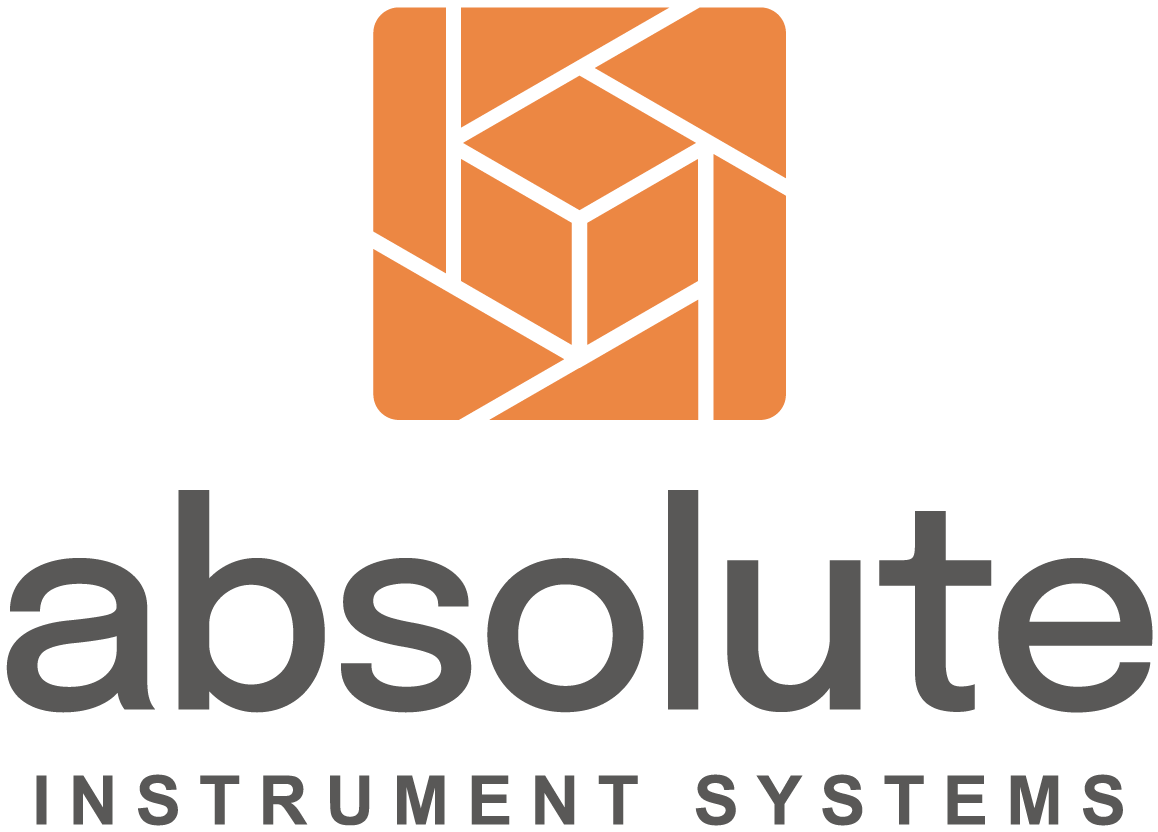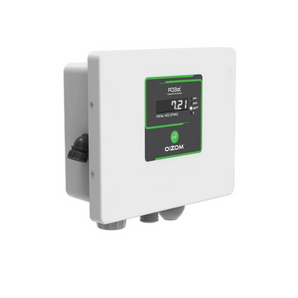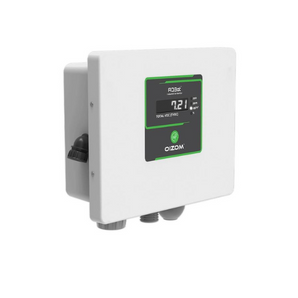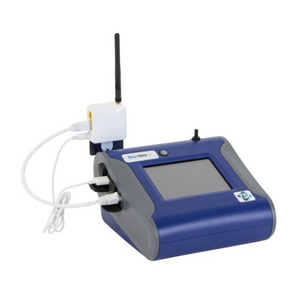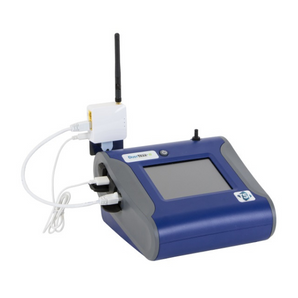Air quality is an often-overlooked factor in workplace safety and health, yet it profoundly impacts employee well-being, productivity, and overall operations. Poor air quality can lead to serious health issues and operational disruptions in industrial facilities, offices, or construction sites.
This is where air quality monitoring becomes essential. By identifying airborne risks early, businesses can proactively protect their workforce and ensure compliance with safety regulations. This blog will explore the dangers of poor air quality, the importance of monitoring, and how advanced solutions can transform workplace environments.
The hidden dangers of poor air quality in workplaces
Common airborne contaminants in work environments
Workplaces, especially in industrial and urban settings, often harbor invisible pollutants that pose significant risks. These include:
- Dust and Particulate Matter (PM): Common in construction and manufacturing sites.
- Volatile Organic Compounds (VOCs): Emitted by chemicals and industrial solvents.
- Carbon Monoxide and Ozone: Often found in poorly ventilated spaces.
These pollutants can go undetected without air quality monitoring, leading to cumulative health impacts and reduced operational efficiency.
Immediate and long-term health effects
Poor air quality can result in:
- Short-term issues: Headaches, irritation, fatigue, and decreased concentration.
- Long-term effects: Chronic respiratory diseases, allergies, and occupational lung conditions.
Employees exposed to these conditions often experience lower productivity and higher absenteeism, costing businesses time and money.

Why air quality monitoring is essential
Monitoring in detecting airborne risks
Air quality monitoring systems serve as the first defense against airborne threats. These devices:
- Provide real-time data on pollutant levels.
- Help identify sources of contamination, enabling targeted interventions.
- Reduce the guesswork in maintaining a safe workplace environment.
Monitoring systems are vital tools for maintaining workplace safety for industries in Malaysia and Singapore, where urban pollution and industrial emissions are prevalent.
Supporting workplace safety and compliance
In addition to protecting employees, air quality monitoring helps businesses comply with:
Failing to meet these standards can result in penalties, reputational damage, and operational downtime.
Industries most affected by poor air quality
Manufacturing and construction
These industries are highly exposed to dust, chemicals, and emissions. Prolonged exposure to these pollutants can lead to respiratory diseases and reduced worker productivity. Implementing robust air quality monitoring systems ensures safer conditions and regulatory compliance.
Offices and indoor workspaces
Indoor environments are not immune to poor air quality. Factors such as poor ventilation, office equipment emissions, and overcrowding contribute to:
- Reduced cognitive performance.
- Increased sick days among employees.
Air quality monitoring in offices can identify these issues, enabling swift remediation and a healthier workspace.

Benefits of implementing air quality monitoring systems
Protecting employee health and well-being
Investing in air quality monitoring promotes the following:
- Fewer respiratory health issues, improving overall employee well-being.
- Enhanced morale and productivity due to a healthier environment.
With accurate data from monitoring systems, businesses can:
- Avoid costly non-compliance fines.
- Maintaining a clean and safe workspace optimizes operations. Reducing airborne contaminants also minimizes equipment wear and tear, lowering maintenance costs.
Solutions for Effective Air Quality Monitoring
Advanced Monitoring Systems for Every Workplace
Modern monitoring solutions cater to a wide range of industries. Tools like the TSI DustTrak™ II 8530 offer:
- Real-time data on particulate matter.
- Portable designs for flexibility across sites.
- Reliable measurements that support informed decision-making.
These systems are designed to adapt to specific industry needs, ensuring accurate and actionable insights. Partnering with a trusted provider like Absolute Instruments ensures:
- Access to cutting-edge air quality monitoring technology.
- Customizable solutions tailored to your industry.
- Expert support for installation, calibration, and ongoing maintenance.
Absolute Instrument is committed to helping businesses in Malaysia and Singapore achieve workplace safety and health through innovative monitoring solutions.

Conclusion
Poor air quality affects employee health and your business’s productivity and compliance. With suitable air quality monitoring systems, you can detect risks early, protect your workforce, and maintain a safe and efficient workplace.
Ready to take the next step? Contact Absolute Instrument today to explore our range of air quality monitoring solutions tailored to your industry. Let’s create a healthier, safer future together.
